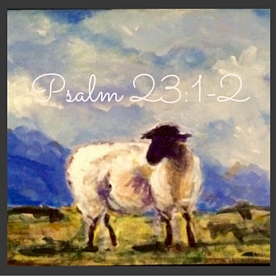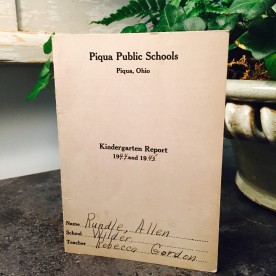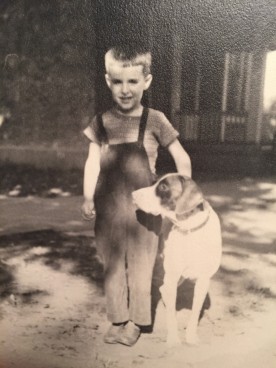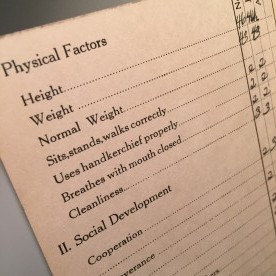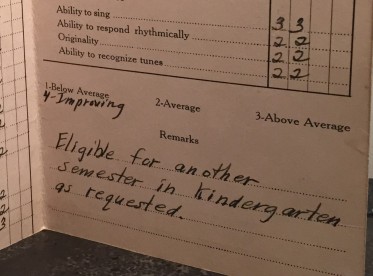Do love stories get better with age? That’s apparently what Golden Bachelor fans want to know. And with the wedding of 72-year-old Gerry Turner (the show’s first-ever “golden bachelor”) to contestant Theresa Nist set to be televised live last week, the editors at Fox News reached out to me to see if I had anything to add to the conversation.
Truth be told, I’d never seen the reality show. But I love the idea of late-in-life love—especially since I’ve had a front row seat to watching it flourish between my mom, Claire, and her husband, John—and I told the Fox folks that I’d be delighted to jump into the fray!
Some of you know at least part of this story already, but for those who don’t (and in case you missed the Fox News piece when it posted), here’s my take:
The secret lesson in the Golden Bachelor story
East Coast Winter Storm Danger.
That’s what’s “trending” on my phone today, with predictions for back-to-back winter whoppers over the weekend. I’m not stocking up on the hot cocoa and wine—not yet, anyway—but I know at least two people who would dearly love to see some of the white stuff: My 84-year-old mom, Claire, and her husband, John.
Last time we got snow, they sent me this pic:

At first, I thought they’d been shot.
But then I noticed the Boogie Boards, and the pieces began to fall into place. Mom and John had been sledding (surf toys do double duty when you live at the beach) and, eager to make the most of their snow day, they’d moved on to snow angels. I have no idea how long they lay there like that, or who took the picture. I just know they had fun.
Did I mention that they are in their eighties?
Golden Bachelor fans, eat your heart out.
A golden love story
And actually, had the reality show been in production when John was still on the market, he would have been quite the catch for the program’s producers. They wouldn’t have had to come up with any zany ideas or plot twists to keep viewers engaged; John is a living, breathing ratings’ bonanza.
To make their wedding day extra special, for instance, John hired an actor to don a rented gorilla suit and “kidnap” my mom off the dance floor. Not your typical champagne toast, sure, but their first date was an accidental screening of King Kong (they’d meant to see Munich, but it was sold out), and it seemed fitting to carry on with the monkey theme.
I mean, who wouldn’t? And what could possibly go wrong?
The first hint of trouble came when the paid actor didn’t show up. (A better gig? Hard to fathom.)
Undeterred, John found his son, John Jr., at the reception and convinced him to swap his tux for the gorilla outfit. Problem solved—except that John Jr. wasn’t the same size as the original actor, and he couldn’t see out the eyeholes. This being a second marriage for both of our parents, he and I didn’t know one another very well, but that didn’t stop my new step-brother from stumbling into me on the dance floor and hissing through his plastic nostrils: “I can’t find your mother! Help me!”
I launched John Jr. in Mom’s direction, whereupon he successfully abducted her—in her full-length white wedding gown—and hauled her down the dock to a waiting boat. With nearly 200 curious party guests looking on, John-the-groom sprang into action. “I’ll save you!” he cried, and hopped a jet ski to give chase.
At that point, most people figured the party was over. There’d been no alcohol, but everyone was definitely a bit loopy and, knowing that John intended to bring Mom back, my husband and I plied the guests with more cheese and did our best to convince them to stay.
Long story short (and it was kind of a long story; after transferring mom to the back of his jet ski, John got lost coming home), the hero returned with his new bride on his arm and the DJ (whose playlist was more of a wedding soundtrack) cut loose with Ray Orbison’s Pretty Woman.

The longer they live, the brighter they shine
Why do I share this story with you? It’s a good one, for starters. But more than that, even, it’s a great reminder that getting older doesn’t mean getting less fun. Or, if you’re looking for love, less eligible.
The more than 10,000 Baby Boomers who turn 65 every year know this to be true. So do thousands upon thousands of their younger counterparts—viewers who make up Bachelor Nation, for instance. Age doesn’t matter, it seems, when it comes to savoring second chances in life.
And second (or even third) chances at love.
My mom was just 60 years old when my father, himself just 61, died after a year-long battle with glioblastoma. She bore the suffering with grace and resourcefulness; I remember her bringing Pepsi, Fritos, and an armload of sofa cushions to the parking lot of their condo, declaring that it was “time for a picnic” when Dad was too weak to walk back inside after yet another doctor’s appointment. But she had to have wondered what the future held. What would life look like without my father? How would she cope, on her own? She knew that God loved her and that he would be with her; could she trust him to make a way in what felt like a wilderness of the unknown?
If that’s where you are today—wondering what’s next, looking for love, maybe even feeling the ache of an unmet longing after a lifetime of singleness, an unwanted divorce, or the death of a spouse—know this: God is still writing your story. It’s not finished yet. And I’ve got an idea that he has a soft-spot for romance among his more “seasoned” children. Just look at Abraham and Sarah, Boaz and Ruth, or Elizabeth and her man Zechariah. Even Job—the guy whose story none of us want—finished well. God blessed the latter part of his life, the Bible tells us, more than the first!
The best, as they say, really may be yet to come.
As I look at my mother and John—a couple whose late-in-life-love continues to deepen and flourish—I think the writer of Proverbs got it right: The longer they live, the brighter they shine. (Proverbs 4:18 MSG)
And in fact, I can picture the both of them now, rooting around in their coat closet, looking for mittens and boots and other snow gear, in case they get to make some more angels. I don’t have the heart to tell them that I think all we’ll see this weekend is rain.
Honestly though? I don’t think they’d care.
They’d probably go out and start jumping in puddles.
❤️
If you’ve been around this space for a while, thank you. You may know that I’ve been on a writing “sabbatical” since last June. The request from Fox News was a gentle nudge to me to get back in the saddle, and (Lord willing!) I hope to resume monthly newsletters in 2024. I’ll be talking about parenting, marriage, and how we can be difference-makers, living lives marked by purpose and impact, as we remain in Christ’s love.
And in the meantime, if you want to read more about aging well (and 30 other different topics we all grapple with), you’ll find that in my book, Praying the Scriptures for Your Life. And for those who want a perspective on love beyond what the Golden Bachelor had to offer, check out Praying the Scriptures for Your Marriage.




































































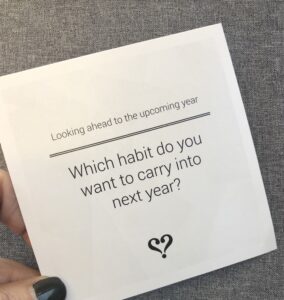

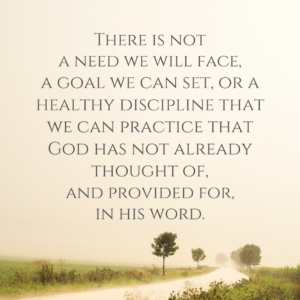
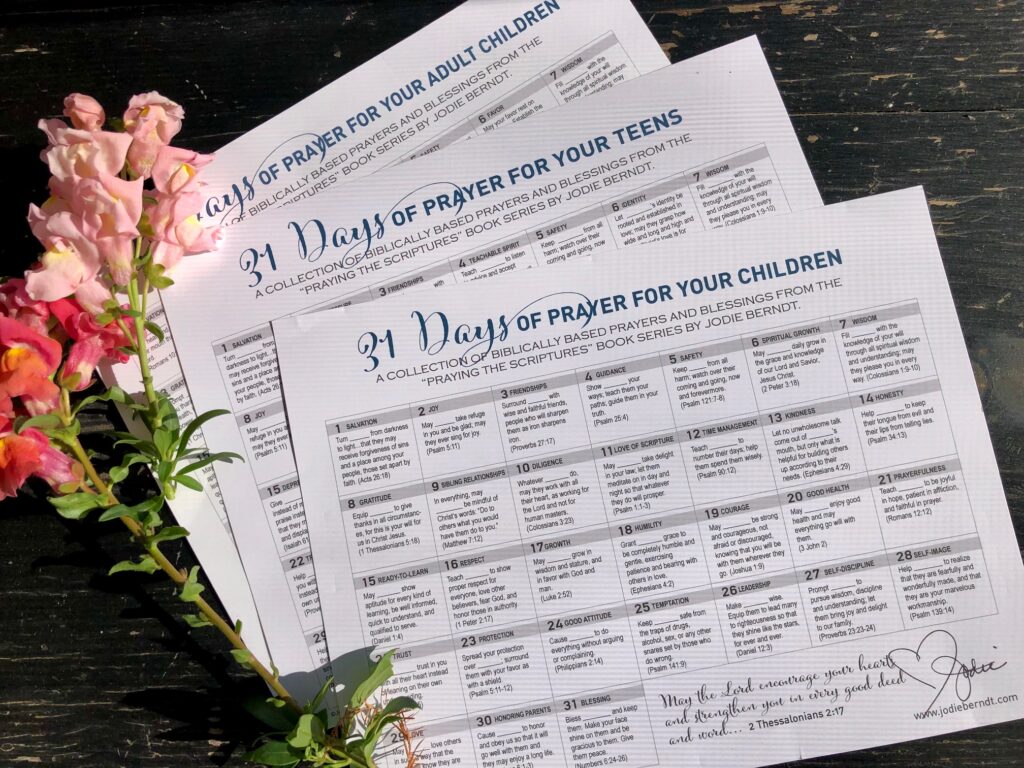



























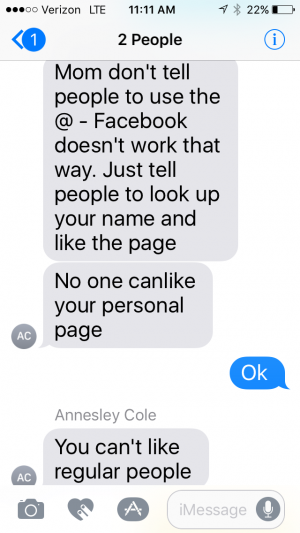



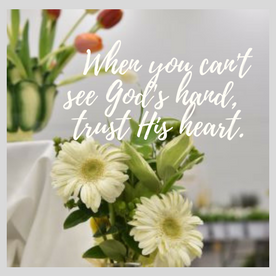

 Which is, when you think about it, kind of what happened to Jesus in the space between Palm Sunday and Good Friday. At first, the crowds are lining the streets, spreading their coats on the ground for his donkey and waving palm branches while they shout cheers like, “Hosanna!” and “Blessed!”
Which is, when you think about it, kind of what happened to Jesus in the space between Palm Sunday and Good Friday. At first, the crowds are lining the streets, spreading their coats on the ground for his donkey and waving palm branches while they shout cheers like, “Hosanna!” and “Blessed!”
